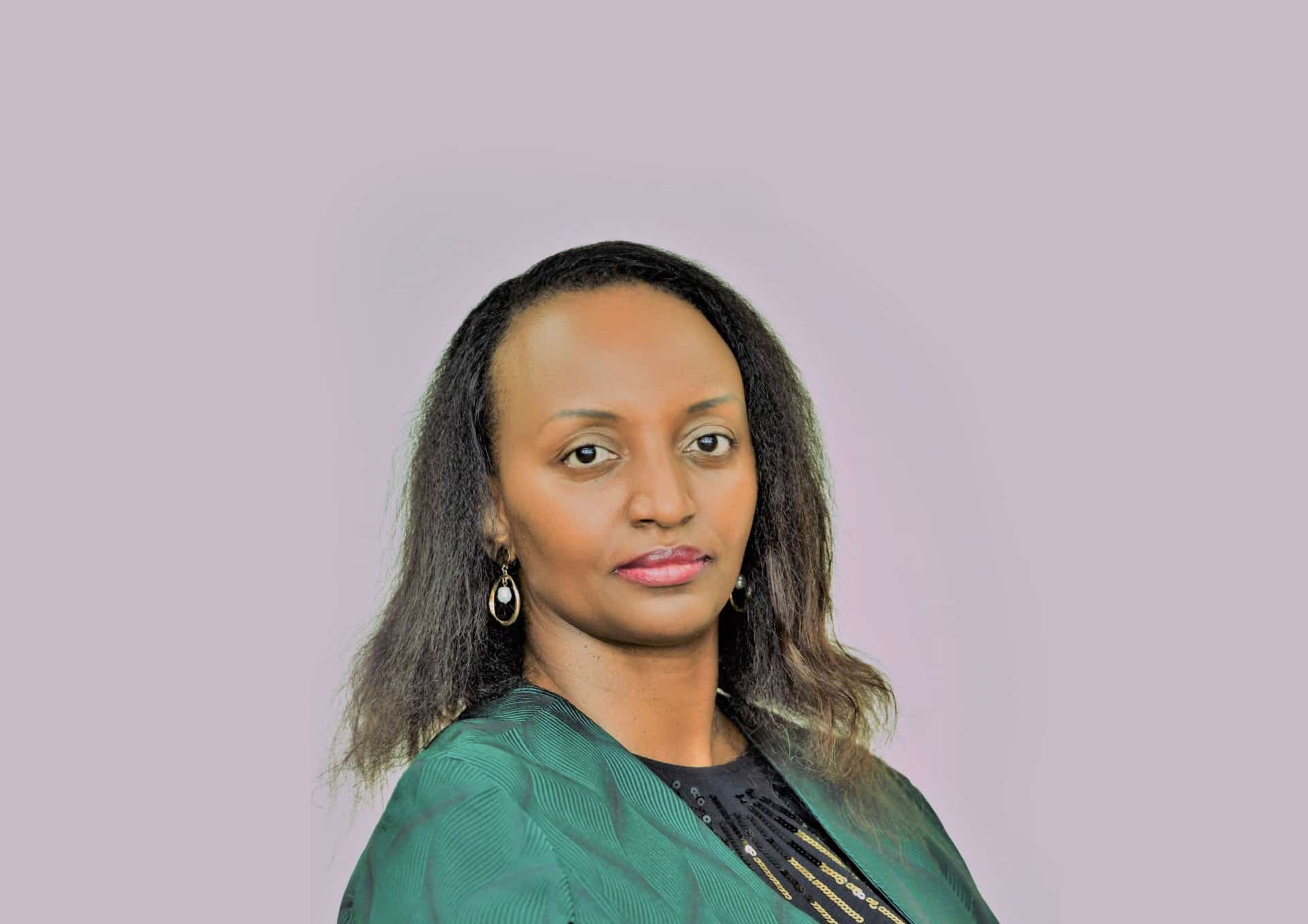As heads of state and top leaders from the business world, academia, and the advocacy sector recently converged in Kigali, Rwanda, for the Women Deliver Conference, the pressing issue of gender inclusion within the financial sector gained new momentum.
Rwanda’s advancements in this domain showcase that a steadfast commitment to forging a path toward a more inclusive financial landscape can not only foster a more equitable society but also play a crucial role in promoting economic development across the board.
It is no accident that Rwandan women played an essential role in rebuilding the country in the aftermath of the 1994 Genocide against the Tutsi. In fact, the multifaceted link between gender equality in finance and economic development in Rwanda has been recognized as a critical factor in driving the country’s progress.
Equality as an Engine for Growth
While women had to wait until 1988 to be allowed to open a bank account without a husband or male family member’s authorization in Rwanda, women’s financial access to both bank and non-bank financial institutions has substantially increased to 74% today from 36% in 2012.
To foster an environment where women would be able to rebuild their lives and their communities, Rwanda took several steps towards enhancing women’s financial autonomy. For example, the National Financial Inclusion Strategy (NFIS) launched in 2017, aims to increase the level of financial inclusion in Rwanda to 90% by 2024, with a specific target of achieving gender parity in financial inclusion.
Because financial literacy is essential, we recently launched the Girls’ Education Sector Strategic Plan (2018/19 to 2023/24) to increase the number of girls who complete secondary education and acquire skills that can help them participate in the formal economy. The government has also implemented programs that provide micro-loans specifically tailored to the needs of women-owned businesses.
As a result of these efforts, Rwanda has witnessed a surge in female ownership of businesses, jumping from 27% in 2017 to 34% in 2022 – an encouraging sign, even though barriers to women’s access to credit and insurance remain.
Finally, in an age where fintech has become ubiquitous, mobile money is now a key driver of financial inclusion among women in Rwanda, with initiatives such as the Mobile Money for the Poor (MM4P) program helping to promote the use of mobile money services among women in rural areas.
Supporting Female Entrepreneurs
Africa boasts a significant share of women entrepreneurs, contributing to the continent’s recent economic growth. To further wealth creation, Rwanda has taken proactive steps to foster an enabling environment for women entrepreneurs. The government actively promotes gender-responsive workplace policies and practices, such as equal pay for equal work, flexible working arrangements, and support for work-life balance.
Promoting entrepreneurship is another avenue Africa must continue to pursue. Entrepreneurship serves as a vital driver of economic growth and job creation. Rwanda’s commitment to supporting women entrepreneurs is evident in its targeted programs that provide access to finance, coupled with mentorship programs and networking opportunities. For instance, the Rwanda Women Entrepreneurs Chamber of Commerce provides support and access to finance for women entrepreneurs, enabling them to establish and grow their businesses.
The financial sector plays an indispensable role in ensuring that women entrepreneurs thrive. This is why designing gender-sensitive products and being intentional about promoting women leaders in finance is vital to move the needle and close the $42 billion financing gap for women entrepreneurs in Africa.
Africa at a Crossroads
Today, our continent stands at a critical juncture in its pursuit of economic transformation. Gender inclusion will play a pivotal role in harnessing the continent’s demographic dividend and unlocking its potential. To achieve this, Africa must enhance education and skills development, break down gender stereotypes, eradicate early marriages, and improve girls’ access to schools.
Rwanda’s experience is proof of this: by implementing gender-responsive policies and programs, the country has made significant progress in dismantling structural barriers that impede African women and girls. These efforts are driven by political will and economic incentives, resulting in increased participation of women in the formal economy and contributing to overall economic growth.
Gender inclusion in African finance is not merely a matter of social justice; it is a powerful driver of prosperity. Rwanda’s experiences demonstrate the tangible benefits of embracing gender equality in the financial sector. By dismantling gender-based barriers and creating an inclusive environment for women, African countries can unlock their economic potential and reap the rewards of a truly inclusive financial sector.
DISCLAIMER: Brand Voice is a paid program. Articles appearing in this section have been commercially supported.
